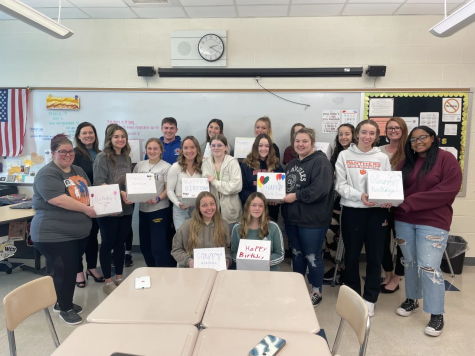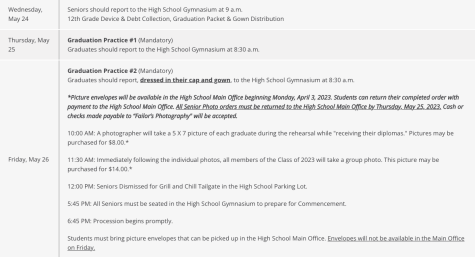All you need to know about COVID-19 Booster Shots
The pictured Pfizer booster shot is now available to high-risk and older citizens.
October 8, 2021
With the winter season quickly approaching, many diseases like influenza and pneumonia start to become more common. Doctors are afraid that this exact thing will happen with the current COVID-19 epidemic. Many people hope a vaccine-booster shot will help with a possible surge but many experts are not so sure.
Ever since the first and second doses were approved on Dec. 11, 2020, there has been talking about adding a COVID booster shot. A booster shot is an additional shot given a certain period after the original shot. Usually, they are the same as the first doses. The shots are used to prolong the effects of the previous doses and are given once those old doses start to wear off.
Of the big three vaccine companies, Pfizer, Moderna and Johnson and Johnson, Pfizer is the only one who released their third vaccine. Just recently on Sept. 22, 2021, the Food and Drug Administration (FDA) approved only Pfizer’s third dose, not any others.
“The only option they gave me was Pfizer,” said Jessica Darr, social studies teacher at Central York High School.
Similar to the first and second doses, Pfizer’s booster shot has to go through rigorous testing in order to be approved for everyone. Not everyone is willing to be a participant in the vaccines, which causes testing to take weeks to months.
“The Pfizer COVID-19 vaccine to include booster shots for people who are: over the age of 65 or over the age of 18 and high risk for developing severe COVID-19 or at high occupational risk for COVID-19,” said Dr. H. Dirk Sostman, the chief academic officer of Houston Methodist.
The high-risk category mainly includes illnesses that affect the immune system. Some of these include are certain cancers or HIV. Medical Operations like organ transplants or stem cell transplants. All of these conditions or operations leave a person with a weakened immune system. Without an immune system, one becomes much more susceptible to getting sick from COVID.
“Experts believe third shots and boosters will increase antibody protection in these people who are most vulnerable,” said Sostman.
As helpful as booster shots are, they are still limited by type. Only Pfizer has released its third dose, meaning those who received the Moderna vaccine cannot get their third shot yet. Currently, the third Moderna shot is being tested by the FDA.
“If it [the third vaccine] becomes available, I’ll get it,” said Darr.
For now, though, the most Americans can do is wait for all the different booster shots to become available. Many have gotten their second shots a while ago, leading to the effects of said shots wearing off. If booster shots do not get approved soon, another surge is inevitable.

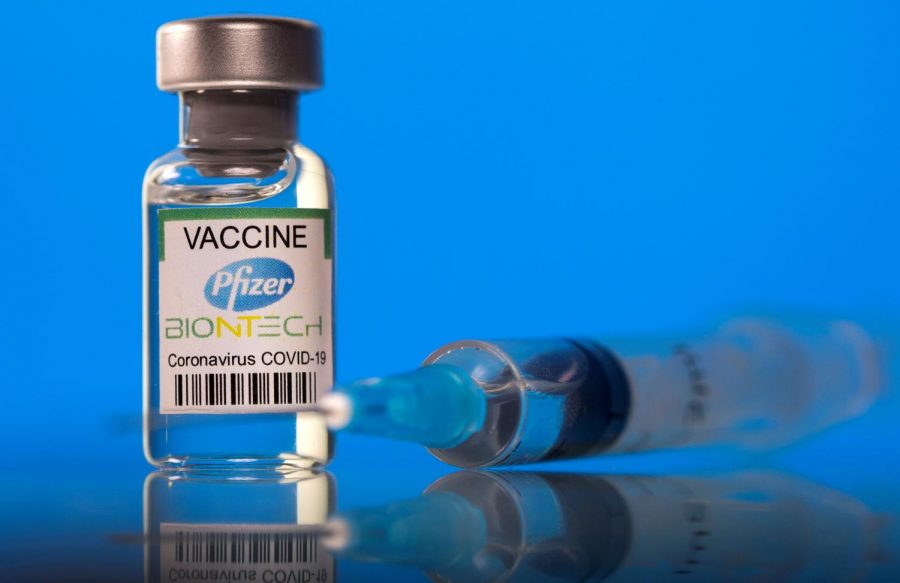


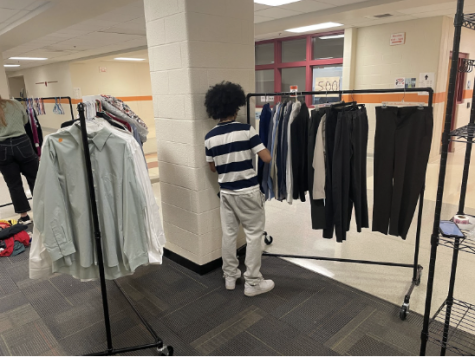
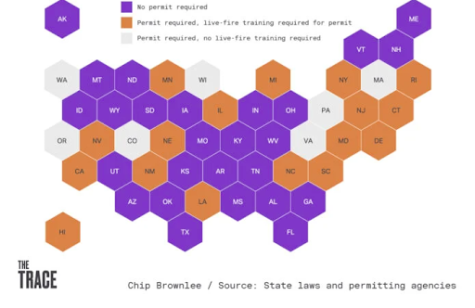

![“She [Walker] was the biggest advocate for any student,” said Basile.](https://mundismillmedia.com/wp-content/uploads/2023/05/Colorful-Watercolor-Note-Paper-with-Brush-Stroke-A4-Document-336x475.png)

